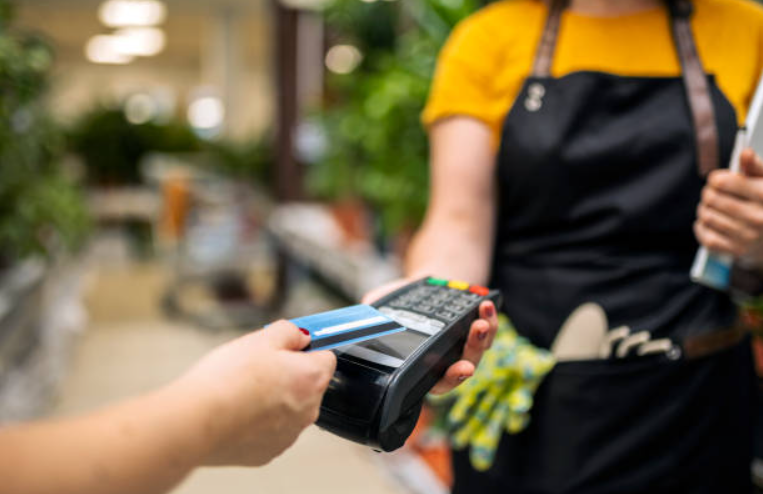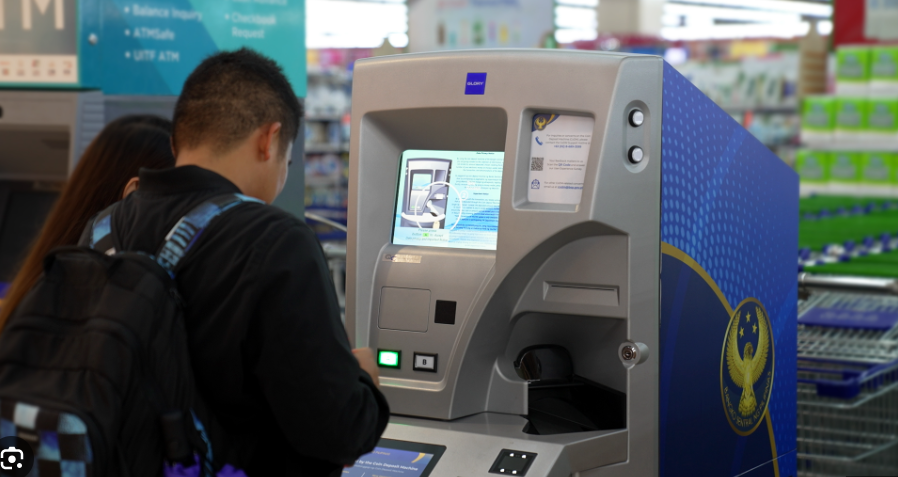E-payments continue to rise as the country witnesses a rapid shift towards cashless transactions.
According to the latest data from the Bangko Sentral ng Pilipinas (BSP), the combined value of electronic fund transfers made via PESONet and InstaPay surged by more than 34% between January and August 2024, reaching P10.9 trillion.
This marks a significant increase from P8.13 trillion recorded during the same period in 2023.

The BSP’s report highlights that transaction volumes for e-payments through these digital platforms rose by an impressive 64.5%, with 916.58 million transactions completed in the first eight months of this year compared to 557.25 million in 2023. The growth in both volume and value underscores the ongoing shift towards digital payments, driven by convenience, safety, and efficiency.
In 2023, the BSP had maintained the moratorium on InstaPay and PESONet fees, instructing financial institutions that participate in automated clearing houses for these e-payment platforms not to increase their fund transfer fees. This, according to the advisory, is consistent with the BSP’s efforts to promote financial digitalization.
E-payments: Accelerating digital transformation
Launched under the BSP’s National Retail Payment System (NRPS), PESONet and InstaPay serve as key pillars of the country’s e-payments infrastructure.
The NRPS aims to establish a reliable, secure, efficient, affordable, and inclusive retail payment system in the Philippines, enabling financial transactions to be processed seamlessly across the country.
PESONet is designed to handle high-value electronic fund transfers, acting as an efficient alternative to the traditional check-clearing system.
On the other hand, InstaPay is tailored for real-time, low-value transactions of up to P50,000, making it ideal for e-payments, remittances, and personal transactions. Both systems are integral in propelling the Philippines’ digital transformation.
Strong growth in PESONet and InstaPay transactions
During the first eight months of 2024, PESONet transactions increased by 27%, with the total transfer of e-payments valued at P6.37 trillion, up from P5.01 trillion during the same period last year.

Meanwhile, InstaPay registered even stronger growth, with transactions rising by 44.9% to P4.52 trillion from P3.12 trillion.
The increasing volume of digital transactions also paints a promising picture. Combined, PESONet and InstaPay processed 929.64 million transactions, marking a 46.8% increase compared to 633.47 million transactions in the same period in 2023.
This sharp rise in volume indicates growing consumer and business trust in digital payment platforms, further contributing to the overall financial inclusion goals set by the BSP.
The push toward a cashless society
The surge in digital payments is part of the BSP’s broader objective to shift the country towards a more cashless economy. In the 2023 Report on the Status of Digital Payments, the BSP noted that the percentage of digital payments in total retail transactions increased from 42% in 2022 to 53% in 2023. This growth demonstrates the accelerating pace of digital adoption across various sectors in the Philippines.
Looking ahead, the BSP is targeting even higher digital payment adoption. The central bank aims to increase the share of digital transactions to between 60% and 70% by 2028, as outlined in the government’s 2023–2028 Philippine Development Plan.
This ambitious goal underscores the vital role of digital payments in boosting economic efficiency and fostering financial inclusion in the country.
BSP’s Coin Deposit Machines: Enhancing financial access

In addition to its digital payments initiatives, the BSP has introduced innovative solutions such as coin deposit machines to further encourage financial inclusion. As of mid-September 2024, these machines have collected 250 million coins valued at P950.36 million, through 228,482 transactions processed since their launch in June 2023.
The BSP plans to expand the network of coin deposit machines by adding 25 more units in key cities such as Cebu, Davao, Naga, Pampanga, and Baguio early next year. These machines allow users to deposit coins and convert them into digital savings or other banking services, bridging the gap between physical and digital financial systems.
A major boost to the BSP’s coin deposit initiative came with the partnership of GoTyme Bank, the first financial institution to integrate with the central bank’s coin deposit machines.
GoTyme customers can now deposit their coins directly into the machines and convert them into high-interest savings accounts with an annual interest rate of 4%.
This partnership represents a significant step in encouraging more Filipinos to embrace digital banking and financial technology.
The future of digital payments in the Philippines
With continued growth in digital payment platforms like PESONet and InstaPay, the Philippines is steadily moving toward its goal of a cashless society.
The BSP’s efforts to expand financial services through both digital platforms and physical innovations like coin deposit machines reflect its commitment to fostering financial inclusion and empowering Filipinos with more efficient, accessible financial tools.
As digital payments become more deeply embedded in the country’s financial ecosystem, the potential for greater economic growth, increased financial participation, and enhanced service efficiency remains brighter than ever.







